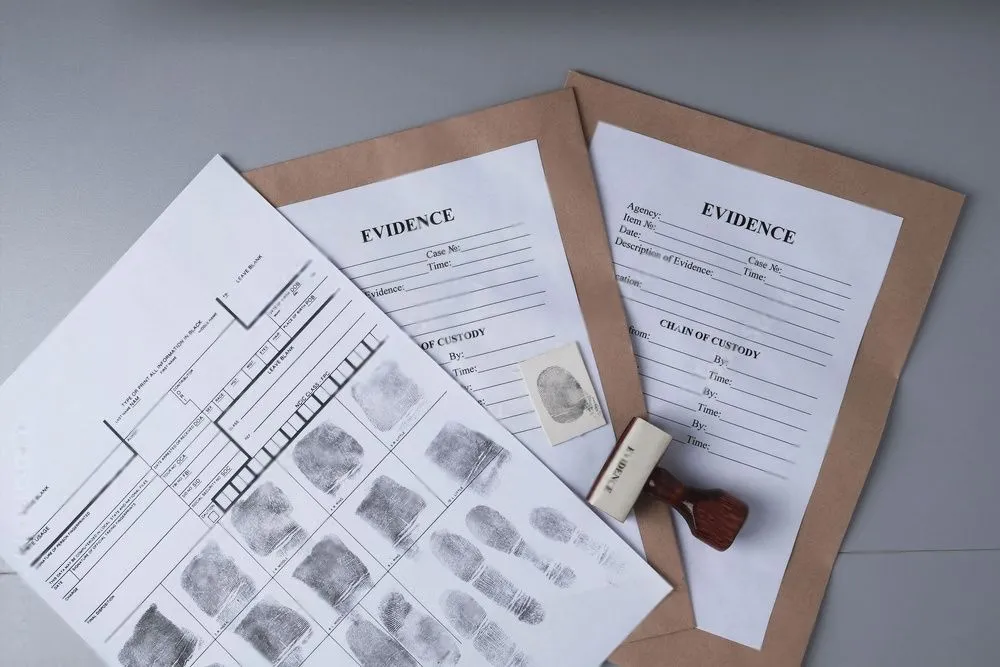Introduction
In the realm of private investigation, the art of surveillance stands as a cornerstone of truth-seeking, unveiling secrets concealed within the shadows of everyday life. From dimly lit alleyways to bustling city streets, surveillance operatives harness a blend of skill, intuition, and technology to unravel mysteries and expose the hidden truths that lie beneath the surface.
Surveillance isn’t merely an act of observation; it’s a delicate dance between concealment and revelation, where every movement is calculated, and every detail holds significance. It’s about mastering the art of stealth, maintaining a watchful eye without betraying one’s presence, and extracting valuable insights from the mundane rhythms of daily life.
In this exploration, we delve into the heart of surveillance, uncovering the key strategies and techniques that underpin its practice. From the discreet positioning of cameras to the meticulous tracking of targets, each element plays a crucial role in the intricate tapestry of investigation.
But beyond the technical aspects, the art of surveillance is also about understanding human behavior—the subtle cues, gestures, and interactions that betray hidden motives and intentions. It’s about reading between the lines, deciphering the unspoken language of body language and facial expressions to discern truth from deception.
At its core, surveillance is a testament to the power of observation—the ability to see beyond the surface and uncover the hidden truths that elude casual scrutiny. It’s a testament to the patience, persistence, and unwavering determination of those who dedicate themselves to the pursuit of justice and truth.
Join us as we embark on a journey into the art of surveillance, where every shadow holds a story, and every moment holds the potential for revelation. It’s a world where truth is a prize worth pursuing, and where the art of surveillance serves as a beacon guiding us through the darkness toward the light of truth.
The Evolution of Surveillance
Surveillance has undergone a remarkable transformation throughout history. In ancient times, surveillance was often conducted through human spies and informants who gathered information through observation and infiltration. With the advent of technological innovations such as photography, telecommunication, and computing, surveillance techniques became more sophisticated. Today, surveillance encompasses a wide array of methods, including physical surveillance, digital monitoring, and aerial reconnaissance.
The Role of Private Investigators

Private investigators play a crucial role in conducting surveillance operations. Employed by individuals, businesses, and government agencies, private investigators use their expertise to gather evidence, uncover secrets, and provide security. They operate within the legal framework, adhering to ethical guidelines while employing a variety of techniques such as stakeouts, undercover work, and digital tracking to achieve their objectives.
Tools and Techniques
Surveillance operatives rely on a diverse set of tools and techniques to gather information discreetly and effectively. Physical surveillance methods involve direct observation of individuals and locations, often requiring patience and keen observation skills. Digital surveillance utilizes technology such as GPS tracking, social media monitoring, and cyber forensics to gather information from online sources. Additionally, advancements in drone technology have revolutionized surveillance by providing aerial perspectives and remote monitoring capabilities.
Ethical Considerations
Ethical considerations are paramount in surveillance operations. Private investigators must navigate a complex landscape of legal and ethical guidelines to ensure that their activities are conducted responsibly and respectfully. Protecting individual privacy rights, obtaining informed consent, and maintaining transparency are essential principles that guide ethical conduct in surveillance operations.
Case Studies

Real-world case studies provide valuable insights into the practical applications of surveillance. From infidelity investigations to corporate espionage cases, surveillance plays a critical role in uncovering evidence, solving crimes, and delivering justice. These case studies highlight the challenges faced by investigators, the strategies employed to overcome them, and the impact of surveillance on the outcomes of investigations.
The Intersection of Surveillance and SEO
In the digital age, the intersection of surveillance and search engine optimization (SEO) offers new opportunities for private investigators to enhance their visibility and reach potential clients. By optimizing their online presence through website optimization, content marketing, and reputation management, investigators can attract clients seeking surveillance services. Leveraging digital platforms effectively allows investigators to showcase their expertise and connect with individuals and businesses in need of surveillance solutions.
The Future of Surveillance
As surveillance technology continues to evolve, the future presents both challenges and opportunities for the profession. Regulatory frameworks must adapt to address emerging issues related to privacy rights, data security, and technological advancements. Ethical standards and accountability will remain paramount as surveillance practices evolve, ensuring that the profession upholds integrity and respects individual rights.
Conclusion
In conclusion, the art of surveillance is a dynamic and evolving field that plays a vital role in modern society. From ancient origins to contemporary practices, surveillance has been instrumental in gathering information, solving crimes, and safeguarding communities. As technology continues to advance and societal needs evolve, the practice of surveillance will undoubtedly undergo further transformations. However, by upholding ethical standards, embracing technological innovations, and maintaining a commitment to integrity, the profession of surveillance will continue to serve as a vital tool for uncovering truth and ensuring justice.




